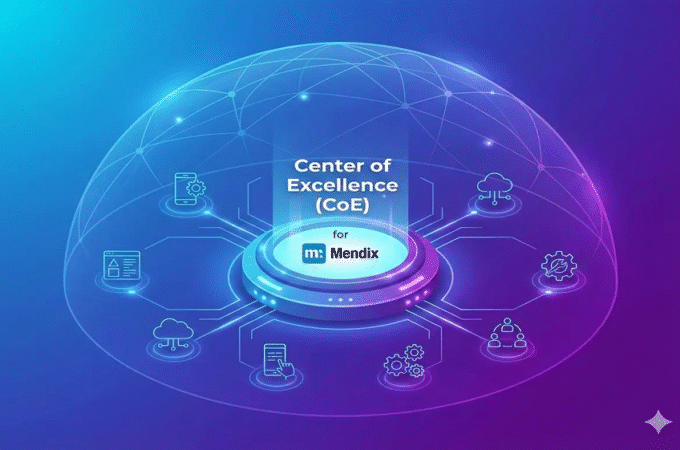
5 Benefits of Hotel Management System
Hotel management is a complex task that requires coordination of various departments and processes. With the advancement of technology, hotel management systems have become an essential tool for hotels to streamline operations and improve customer experience. A Hotel Management System automates many routine tasks and provides real-time data insights to help hotels run more efficiently. In this article, we will explore 5 key benefits that hotels can gain from implementing a comprehensive hotel management system.
1. Improved Guest Experience
One of the key objectives of a hotel is to deliver excellent customer service and make guests feel valued. A hotel management system helps achieve this goal by streamlining interactions between staff and guests. When guests arrive, the front desk staff can quickly access their reservation details and profile information through the digital system. This ensures a smooth and efficient check-in process. The system also allows contactless check-in options where guests can bypass the front desk completely. Features like digital room keys let guests unlock their rooms using a mobile app for a more convenient experience. Self-service kiosks and mobile apps empower guests to perform common tasks independently like checking rates, making last minute reservations or booking restaurants.
This reduces wait times for guests and frees up staff to focus on other duties. Guests have all relevant information readily available through digital channels based on their needs. Furthermore, the management system remembers individual preferences for each guest from their past stays. It can automatically apply preferences like room type or breakfast orders to upcoming reservations. This degree of customization increases customer happiness and makes them feel important. The overall experience becomes simpler and more seamless with minimal points of interaction. Streamlining operations through technology in this manner improves service quality and creates delighted customers. This contributes significantly towards achieving a hotel’s goal of providing exceptional hospitality.
2. Increased Operational Efficiency
One of the key benefits a hotel management system provides is increased operational efficiency through streamlining workflows across departments. In a traditional hotel setup without centralized technology, each department like front desk, housekeeping, maintenance etc. works independently. Important tasks like communicating room status updates, work order requests and financial reports are done manually through paperwork or calls. This leads to delays, duplication of work and increased administrative workload for staff. A lot of time is spent coordinating these inter-departmental processes rather than focusing on guest service. With a hotel management system, all departments are connected on a single, integrated platform. Real-time data sharing is enabled. For instance, the front desk can automatically notify housekeeping about check-outs and room status changes with a single click in the system.
Housekeeping then receives these updates instantly on their mobile devices or tablets. Similarly, the maintenance team gets digital work orders directly to their devices, saving time from manual communication. Key performance indicators across front office, food & beverage, sales and accounting are accessible on one dashboard. This centralized information flow streamlines workflows tremendously. Staff spend less time on administrative tasks like paperwork. They can instead focus their energy on enhancing guest service. The system also captures operational data that provides actionable insights into areas of improvement after analysis. Overall, a hotel management system optimizes resource utilization, cuts down manual work and boosts productivity through efficient inter-departmental collaboration.
3. Improved Revenue Management
Revenue management is a crucial aspect of hotel operations that has a direct impact on profitability. An effective revenue management system allows hotel managers to maximize room rates while maintaining optimal occupancy levels. A hotel management system streamlines this process through integration with online booking channels. It collects real-time data on factors like room availability, bookings, cancellations, and no-shows from all distribution sources. This data is analyzed to identify patterns in demand fluctuations.
By understanding historical trends, the system can accurately forecast future demand. Revenue managers can then develop dynamic pricing strategies based on demand predictions. Room rates are adjusted automatically based on real-time market conditions. For example, rates may increase on high-demand weekends or during major events in the area. In addition to flexible pricing, targeted packages and promotions can be created to attract guests. These customized offers are distributed across multiple online travel agencies and search engines to reach a wide audience. Comprehensive reports on key metrics like average daily rate, revenue per room and occupancy rate are also provided.
4. Enhanced Business Insights
Making decisions based on data is essential for every organization to succeed. A hotel management system aggregates guest profiles, transactions, operational metrics and financial data into a centralized database. Powerful reporting and business intelligence tools allow managers to slice and dice this data to gain valuable insights. For example, reports can identify the most profitable room types or most popular amenities among guests. This helps optimize inventory allocation and upgrade offerings accordingly.
Demographic analysis of guests provides insights to tailor marketing campaigns. Operational reports pinpoint bottlenecks for corrective measures. Financial reports help track budgets, costs and profitability of different departments. Access to real-time and historical data analytics gives managers a holistic view of hotel performance. They can make informed strategic and tactical decisions to enhance profitability and growth over the long run.
5. Increased Security and Compliance
Hotel guests entrust sensitive personal and payment details when making reservations. A hotel management system with robust security features helps ensure this sensitive data remains protected. Features like user authentication, data encryption, activity logs and access controls prevent unauthorized access. The system also helps hotels comply with industry regulations and standards.
For example, it can facilitate compliance with PCI DSS standards for secure payment processing. Integrated modules for accounting, payroll and HR management help with tax and labor law compliance. Comprehensive audit trails provide a layer of protection against legal issues or disputes. Automated document management reduces risk of losing paper records. Overall, a secure hotel management system safeguards guest data and the hotel’s reputation for trustworthiness.
Conclusion
In today’s competitive landscape, technology is playing an increasingly important role in hotel operations and management. A well-implemented hotel software systems streamlines workflows, enhances guest experience, drives revenue and provides valuable business insights. The operational efficiency and customer service improvements help boost profitability and long term success of hotels. Overall, the benefits of an integrated hotel management system make it an essential investment for modern hospitality businesses.




